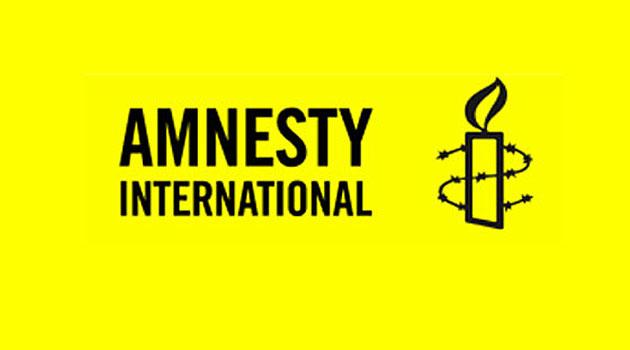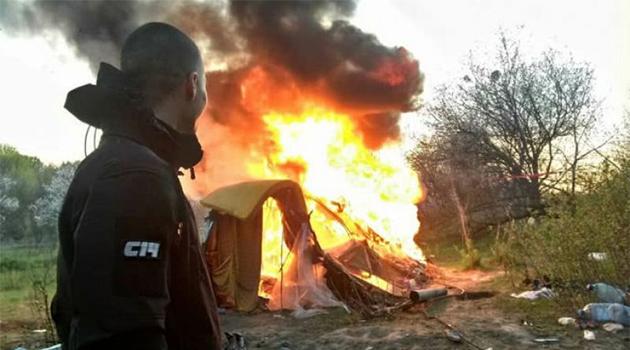Amnesty International criticizes Czech discrimination of Roma, Public Defender of Rights says AI is "biased"

In the Czech Republic, Romani people continue to be discriminated against, especially in the areas of access to education and housing, according to Amnesty International’s annual report on the state of human rights in Europe. The Czech Public Defender of Rights, Stanislav Křeček, responded to the report on 16 April by posting a comment about it through Facebook.
When sharing an article about the content of the report, the ombudsman commented: “This perspective is biased and does not correspond to the actual situation.” The report criticizes the Czech Government’s proposals on housing benefit reform, saying that adopting the measures would risk many people becoming homeless.
AI reports that in addition to Romani people, immigrants are also subjected to discriminatory treatment by Czech authorities. The organization also notes the extensive anti-Government protests that happened in the Czech Republic last year.
The report also recalls last year’s standpoint of the European Commission on these issues, which found that the Czech Republic lacks affordable, quality social housing and that both homelessness and the level of personal indebtedness are growing. AI has joined other NGOs criticizing a Government bill on housing benefits that would deny finances to persons living in residential hotels by enacting stricter entitlement criteria.
Thousands of families who would otherwise qualify could lose their benefits as a result. The organization also recalls in the report that many Czech towns have designated zones “with increased incidences of socially undesirable phenomena” where those newly applying for housing benefits will not be entitled to receive them.
The UN Committee on the Elimination of Racial Discrimination (CERD) has called that practice discriminatory, as it is primarily impacting areas with significant representations of Romani residents. According to the report, the ongoing existence of segregated schools where the vast majority of pupils are Romani is also cause for concern.
AI references CERD’s finding that Romani children are disproportionately represented in programs for children with “mild mental disability” and that while Romani pupils during the previous school year comprised almost 4 % of all primary school pupils, they comprised 29 % of all pupils being educated in reduced educational programs. The segregation of Romani children within the Czech education system, according to AI, could be further intensified by an Education Ministry measure through which the number of assistants to teachers has been lowered to one per classroom.
As for the area of immigration, the AI report criticizes the practice of Czech authorities detaining asylum-seekers, including minors, in pre-expulsion facilities. Referencing criticism expressed by the previous Czech ombudswoman, the organization also pays attention in its report to how the Czech authorities have dealt with a group of asylum-seekers from China.
During 2017, 78 Chinese citizens sought protection in the Czech Republic because they had experienced religious persecution, but during 2018 as many as 70 of those applications were rejected. The report also points out that several years ago the Czech authorities refused to participate with their fellow EU Member States in a one-time redistribution of asylum-seekers proposed according to a quota system.
At the beginning of this month, the European Court of Justice called the Czech refusal to participate in the quota redistribution scheme a failure to fulfill duties flowing from EU law. The NGO report also notices the extensive demonstrations last year that were attended in the streets of Czech towns by hundreds of thousands of people, triggered by “concerns of Government overreach into the justice system and also disagreement with a lack of action on addressing the climate.”
The massive protests, according to AI, represent hope for halting the current backsliding on upholding human rights in Europe. AI further recalls that the Czech Chamber of Deputies failed to ratify the Istanbul Convention on combating and preventing violence against women and domestic violence, despite the fact that just a small number of perpetrators of such crimes are ever tried in the Czech Republic.
AI also criticized the ongoing Czech supply of weapons to Saudi Arabia and the military coalition led by it that is fighting Shiite rebels in Yemen. According to AI, there is a significant danger that those weapons will be used to violate either human rights or humanitarian law during the Yemen conflict.
